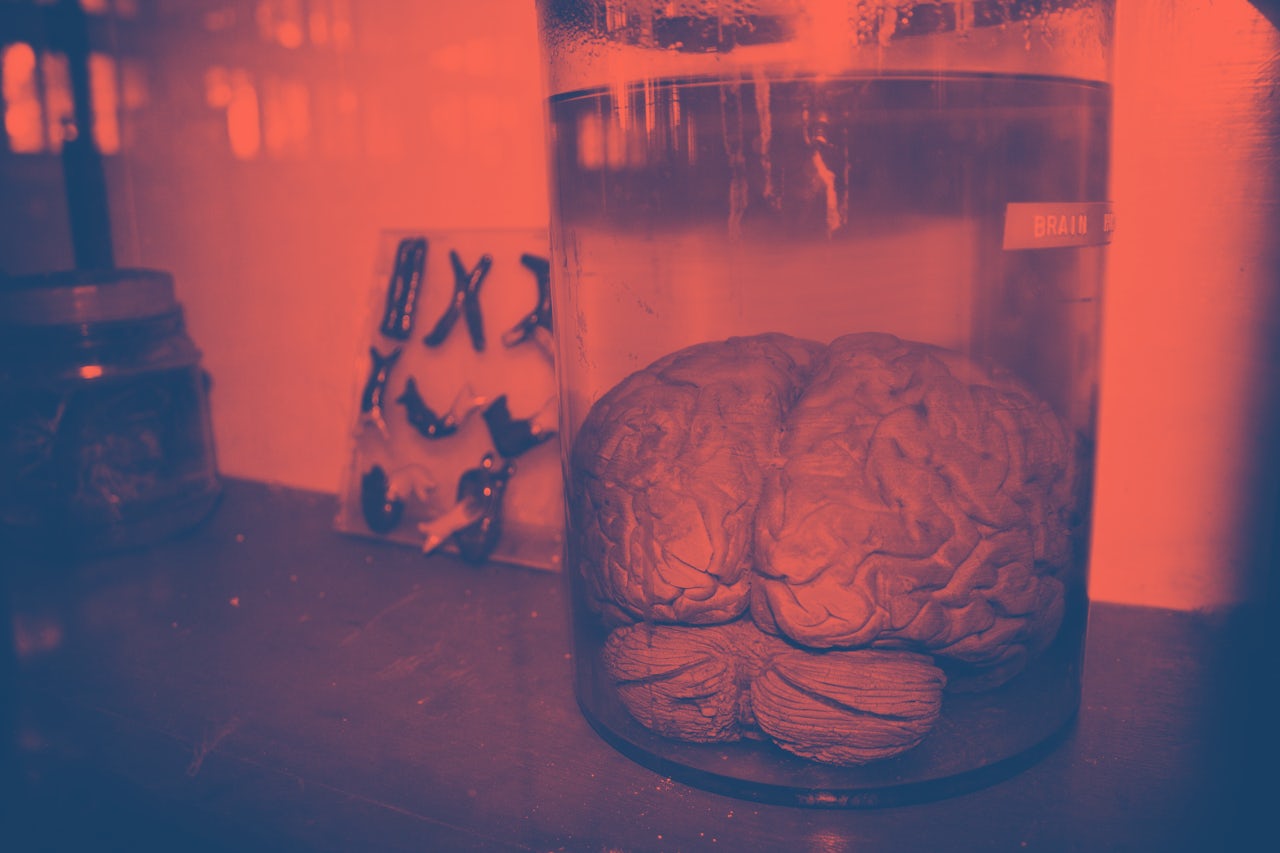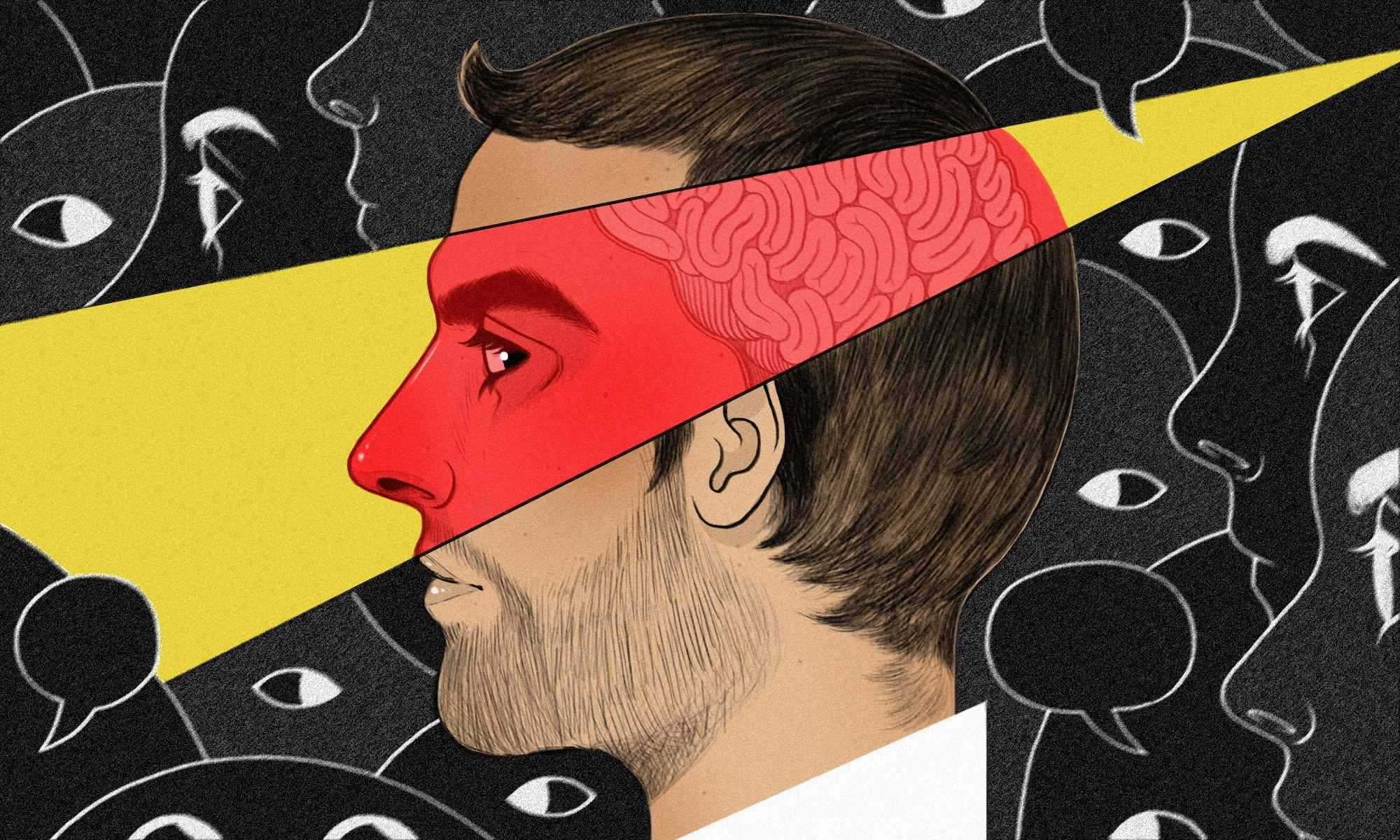The largest brain bank in the United States, Harvard Brain Tissue Resource Center at McLean Hospital outside of Boston, wants your brain. They’re appealing to the public, and in particular are hoping that people who have depression and post-traumatic stress disorder will donate their brains to science.
The bank currently houses more than 3,000 brains, making it one of the biggest in the world, and most of the specimens are from people who had neurological or mental disorders. Researchers there say that a lack of tissue for their work is holding back development of new treatments.
Though about 45 percent of adults in the United States are listed as organ donors, donating one’s brain to a brain bank is often a hard decision, especially for surviving family. Brain donation is also decentralized, which can make getting a brain to the right place a little confusing. There are many different organizations that take brains based on specific conditions — there are banks for those who suffer from MS and Parkinson’s, Alzheimer’s Disease, and so on — rather than a centralized bank program as with other organs. But, in recent years, the subject has gotten more attention as several famous athletes with CTE pledged to donate their brains for study. CTE, or chronic traumatic encephalopathy, is a degenerative disease of the brain caused by repeated or severe blows to the head. The condition is often associated with football-related injuries and has increasingly been a subject of scrutiny in professional leagues. Outreach for donations from people suffering from Alzheimer’s Disease has also lead to an uptick in awareness.
Still, researchers in Boston say that they lack brains from people who suffer from things like depression, partly because people believe, incorrectly, that depression is psychological rather than neurological condition. Prof. Sabina Berretta, who is the scientific director at the Harvard Brain Tissue Resource Centre, told the BBC, “If people think that there are no changes in the brain of somebody that suffers from major depression or post-traumatic stress disorder then there is no reason for them to donate their brain for research because [they think that] there is nothing there to find.”








